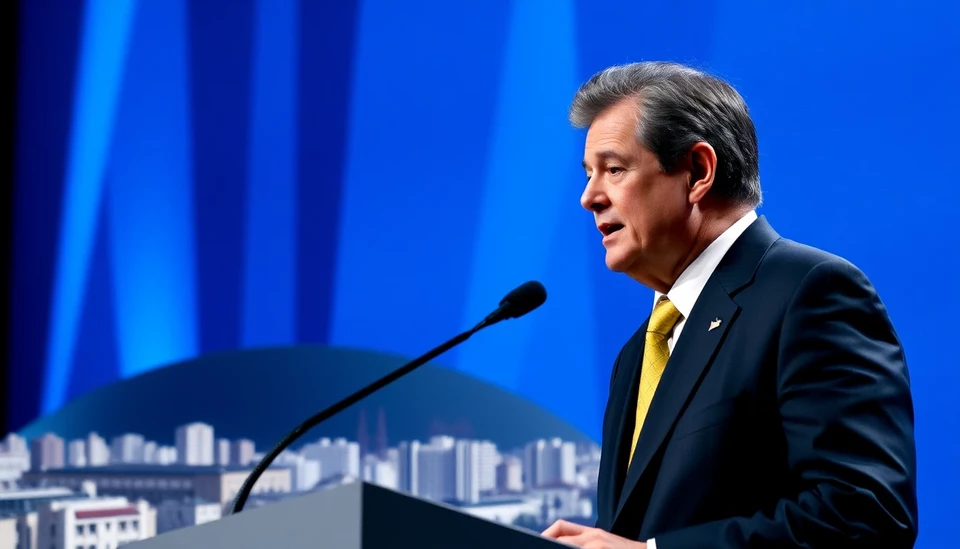
In a recent turn of events, Brazil's currency, the real, has experienced a significant decline. This dip comes in the wake of President Luiz Inácio Lula da Silva's announcement regarding potential increases in income tax exemptions, a decision that has sent ripples through both the financial markets and the general public.
The Brazilian real, which has been under pressure for some time, saw a sharp downturn as investors reacted to Lula's proposal. The idea behind the increased exemptions is aimed at providing relief to lower-income families, helping to counteract the financial strain caused by rising living costs and inflation. However, the proposal has raised concerns among financial analysts and investors about its impact on the country's fiscal health.
As Lula's government seeks to implement these new tax measures, experts warn that the implications could extend beyond immediate financial relief. There are fears that increasing exemptions might exacerbate Brazil's already precarious budget situation, potentially leading to a wider deficit. Such a scenario could discourage foreign investment, which is crucial for Brazil's economic recovery post-pandemic.
Market reactions have been swift, with analysts noting that the real's value fell significantly against major currencies. The decline reflects a lack of confidence among investors regarding the government's fiscal policies. Critics of Lula's tax strategy argue that while aiming for social equity is commendable, it might not be sustainable in the long run without a corresponding plan to boost government revenues.
Moreover, economic commentators have pointed out that Lula's proposal arrives at a precarious time, when Brazil is already wrestling with high-interest rates and inflationary pressures. The combination of these factors creates a challenging environment for economic stability and growth.
Investors are now closely monitoring the government's next steps as Lula's administration navigates these complex fiscal waters. While the intention behind increasing income tax exemptions is to alleviate hardship for struggling families, the long-term economic impacts remain uncertain. The ongoing debate surrounding these fiscal policies will likely dominate the economic discourse in Brazil in the coming weeks.
In conclusion, while President Lula's push for increased income tax exemptions illustrates a desire to provide financial relief to lower-income Brazilians, it also raises significant concerns regarding the country’s overall economic health. Investors and analysts alike will be watching closely to see how this proposal unfolds and what it means for Brazil's financial future.
#Brazil #Real #Lula #IncomeTax #EconomicPolicy #Finance #Investment #TaxExemptions
Author: Daniel Foster




